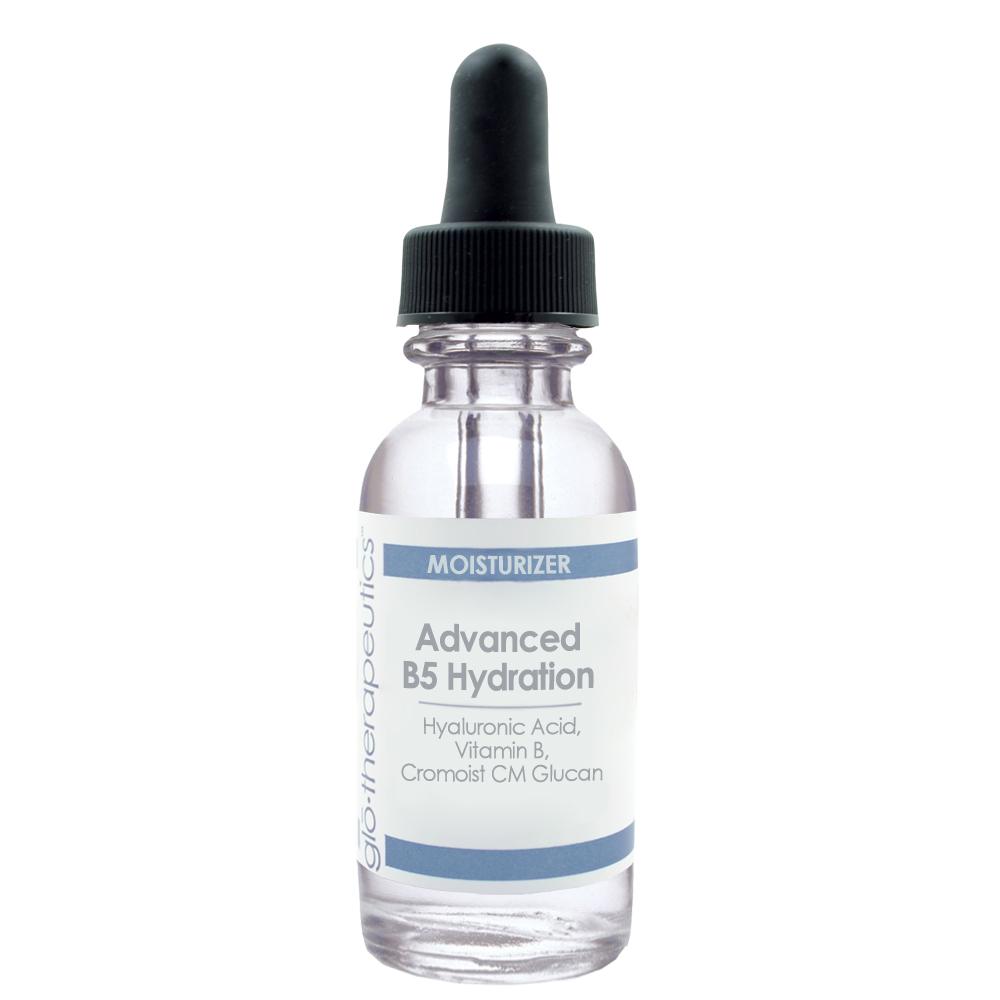Introduction
In the pursuit of peak physical performance, a tough workout can push your limits and drive remarkable progress. However, the key to maximizing those gains lies not just in the effort you exert, but in how effectively you recover. Recovery is an essential component of any fitness regimen, often overlooked yet crucial for muscle repair, injury prevention, and overall performance enhancement. This ultimate guide will provide you with authoritative insights and evidence-based strategies to optimize your post-workout recovery. Whether you’re a seasoned athlete or a fitness enthusiast, mastering these recovery techniques will ensure you bounce back stronger, faster, and ready to tackle your next challenge.
Optimizing Nutrition for Maximum Recovery
To enhance your body’s recovery after an intense workout, it’s crucial to focus on nutrient-dense foods that replenish energy stores, repair muscle tissue, and reduce inflammation. Key components to include in your post-workout nutrition are:
- Proteins: Essential for muscle repair and growth. Opt for lean sources like chicken, fish, eggs, and plant-based options such as lentils and quinoa.
- Carbohydrates: Crucial for replenishing glycogen stores. Choose complex carbs like sweet potatoes, whole grains, and fruits to sustain energy levels.
- Healthy Fats: Aid in reducing inflammation and promoting overall recovery. Incorporate sources like avocados, nuts, seeds, and olive oil.
- Hydration: Don’t underestimate the importance of fluids. Water is essential, but you can also include electrolyte-rich drinks, especially after heavy sweating.
Additionally, consider timing your meals strategically. Consuming a balanced meal within 30 minutes to 2 hours post-workout can maximize nutrient absorption and accelerate recovery. Supplementing with BCAAs (branched-chain amino acids) and antioxidant-rich foods like berries can further enhance the recovery process by reducing muscle soreness and oxidative stress.

Essential Post-Workout Stretching Techniques
Incorporating stretching into your post-workout routine is crucial for muscle recovery and flexibility. Here are some essential techniques to help you cool down effectively:
- Hamstring Stretch: Sit on the ground with one leg extended and the other bent inward. Reach towards your toes, keeping your back straight. Hold for 20-30 seconds.
- Quadriceps Stretch: Stand on one leg, pulling the other foot towards your glutes. Keep your knees together and hold onto a wall for balance if needed. Maintain this stretch for 20-30 seconds.
- Chest Opener: Clasp your hands behind your back and gently lift your arms upwards, opening up your chest. This helps counteract the forward hunch from exercises like push-ups and bench presses.
- Child’s Pose: Kneel on the ground, sitting back on your heels. Extend your arms forward and lower your torso towards the ground. This yoga pose is excellent for stretching the back and shoulders.
Remember to breathe deeply and relax into each stretch, avoiding any bouncing movements. These simple yet effective stretches can significantly enhance your recovery and prepare you for your next workout.

Harnessing the Power of Sleep for Muscle Repair
Sleep is not just a time for rest; it’s an essential period for muscle recovery and growth. During deep sleep stages, your body produces growth hormone, which is crucial for tissue repair and muscle development. To maximize these benefits, aim for 7-9 hours of quality sleep each night. Here’s how you can optimize your sleep for better muscle recovery:
- Create a sleep-conducive environment: Ensure your bedroom is dark, cool, and quiet.
- Stick to a consistent sleep schedule: Go to bed and wake up at the same time every day, even on weekends.
- Avoid caffeine and heavy meals: Refrain from consuming stimulants and large meals at least 3-4 hours before bedtime.
- Incorporate relaxation techniques: Practices such as deep breathing, meditation, or gentle stretching can help you unwind before sleep.
By prioritizing and optimizing your sleep, you are giving your muscles the best chance to repair and grow, ensuring you wake up stronger and more prepared for your next workout.

Advanced Hydration Strategies for Rapid Replenishment
When it comes to rehydration after an intense workout, it’s crucial to go beyond just drinking water. Here are some advanced hydration strategies to ensure rapid replenishment:
- Electrolyte-Rich Drinks: Opt for beverages that contain essential electrolytes like sodium, potassium, and magnesium. These minerals help balance fluid levels and enhance muscle function.
- Hydration Supplements: Consider using hydration tablets or powders that can be easily mixed with water. These often include a balanced mix of electrolytes and sometimes even added vitamins.
- Coconut Water: This natural drink is an excellent source of potassium and can be a refreshing alternative to traditional sports drinks.
- Hydrating Foods: Incorporate foods with high water content such as cucumbers, watermelon, and oranges into your post-workout meal.
- Regular Sips: Instead of gulping down large amounts of water at once, take small, regular sips. This method improves absorption and prevents bloating.





